It looks like American Airlines’ contract negotiations with pilots is going to be drawn out even further. This week, pilots were supposed to vote on a new labor contract, which would have offered them over $7 billion in incremental value over the course of four years.
While the union leadership and airline management had agreed on this contract, that has now changed, and the union has put a membership vote on hold. What’s going on here?
In this post:
American pilots want superior United contract matched
Pilots at major US airlines have been negotiating new contracts in recent years. Thanks to the pilot shortage, pilots have a lot of leverage at the moment, which is why we’re seeing such big pay increases.
While Delta pilots have already ratified a new contract, both American pilots and United pilots were supposed to start voting on new contracts, after airline management and union leadership at each carrier reached an agreement in principle.
While American’s pilots union got to this point before United’s pilots union, United’s union negotiated a significantly better contract, which American pilots of course aren’t happy about.
After seeing the details of United’s contract, the Allied Pilots Association, which represents American’s 15,000 pilots, called the agreed upon contract “woefully deficient by comparison” and “unacceptable.” American’s pilots union doesn’t plan to vote on a contract until it at least matches what United was offered.
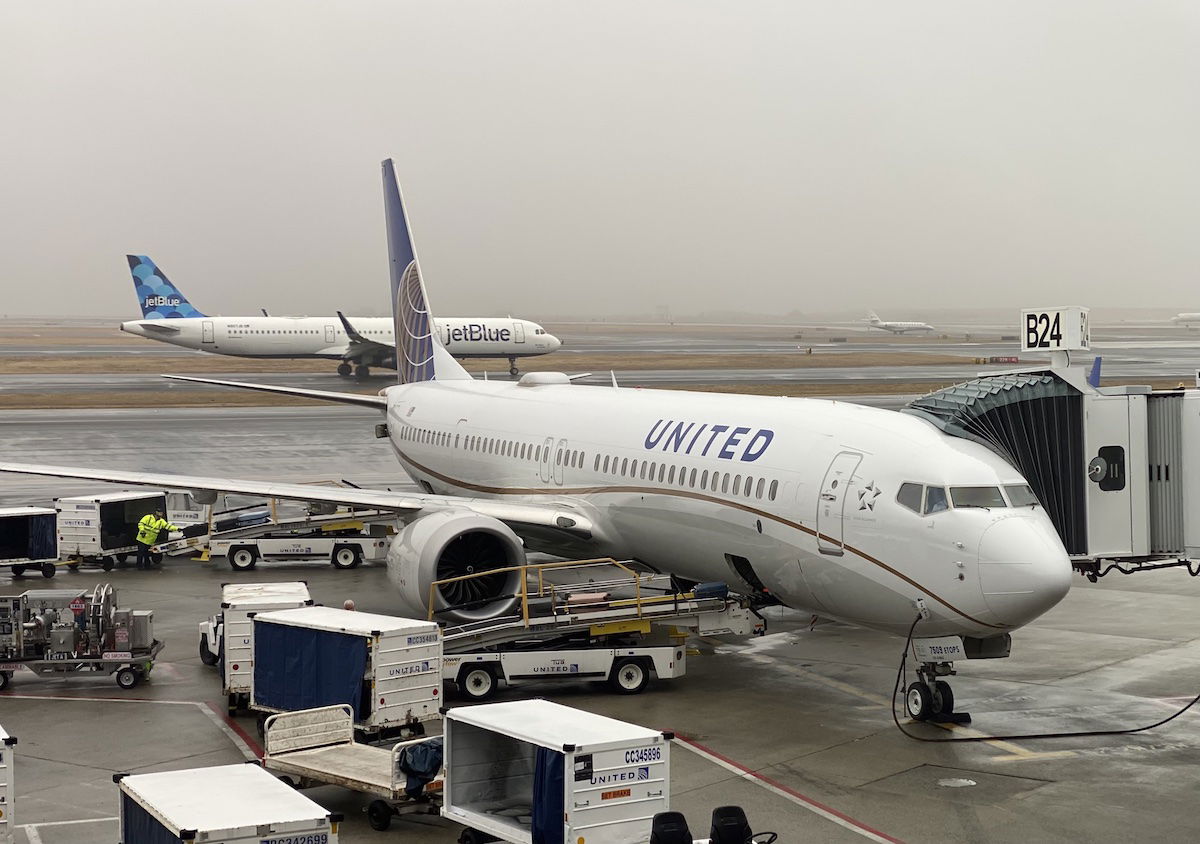
American management offers pilots an extra $1 billion
Following the details of United’s new contract being made public, American management and the union once again entered negotiations late last week. American’s management has reportedly offered pilots over $1 billion in incremental value beyond the already improved contract they were going to vote on.
American management states that the new contract proposal is worth around $9 billion of incremental value over the four year period. With the offer of an extra $1 billion, American CEO Robert Isom threatened that if the proposal wasn’t acceptable, the company would work to make a deal with pilots, but it would take time:
“We’ll return to the bargaining table and do what’s necessary to get to a deal. It just won’t be done quickly. We run a complex business and any changes to what we agreed to — even small ones — may have a profound impact. Reconsideration of all of these items would take time.”
It’s clear that American pilots want a contract that matches those of Delta and United. It looks like we’re basically going to be at the point where pilots at American, Delta, and United, more or less have identical contracts. This puts American at quite the disadvantage compared to other airlines, given the carrier’s high debt, plus inability to command a revenue premium.
The $9 billion in incremental value offered by this contract alone is way more than American’s profits over the course of 2016-2019, the four most profitable consecutive years in the history of the airline industry.
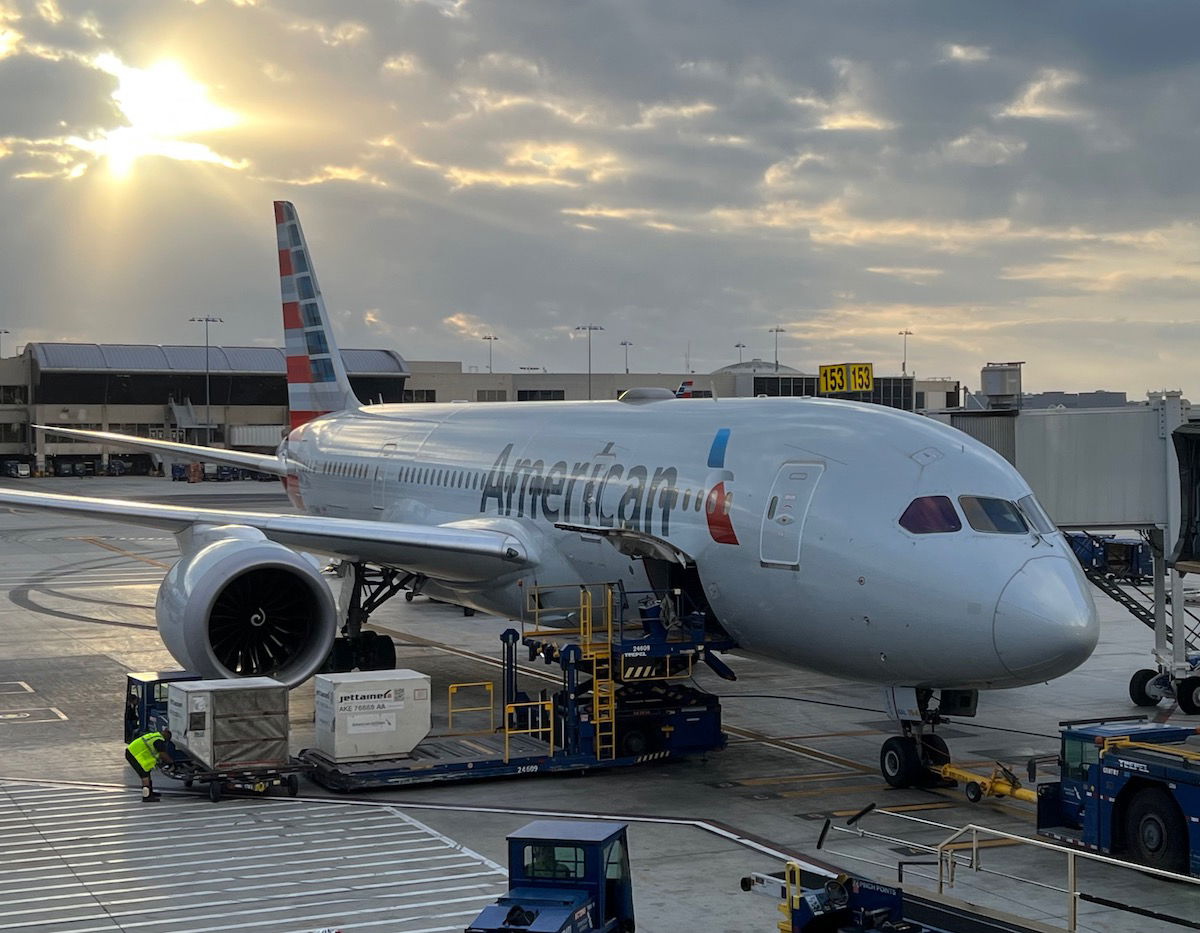
American pilots union puts ratification vote on hold
The proposal from American’s management wasn’t sufficient for the union, so the union has decided to put a ratification vote for the tentative agreement on hold. While American’s offer largely matches United’s pay, the union is concerned that it doesn’t match the quality of life improvements.
The union notes how Isom has promised to “take care of pilots” and “match the wages” in United’s contract, but hasn’t acknowledged the need to match other aspects of the contract. Here’s how union leadership explains the decision to not vote on this contract:
“We do not intend to move forward with a TA that simply adopts the economic aspects of the United AIP – and management’s proposal does not even do that in all respects. We have highlighted to management various quality-of-life and work-rule improvements that would bring us in line with our peers. Most of those items remain unaddressed in management’s most recent proposal. Apparently, Robert Isom’s idea of taking care of our pilots and ensuring parity with our peers at other airlines is that we will be paid comparably while working under more onerous work rules. That won’t fly.”
“Robert Isom said he wants pilots to ‘feel great about their jobs.’ For that to happen, we need work rules that meaningfully improve our work-life balance and how we perform our job, and we want a management that recognizes our job is more than just the paycheck we receive for going to work.”
The union states that it believes it can come to an agreement with management within days, not weeks. I’m not sure if that’s the sincere belief of union management, or if the union is just trying to cover its rear and buy some time, realizing that the membership probably isn’t too happy with the lack of results.
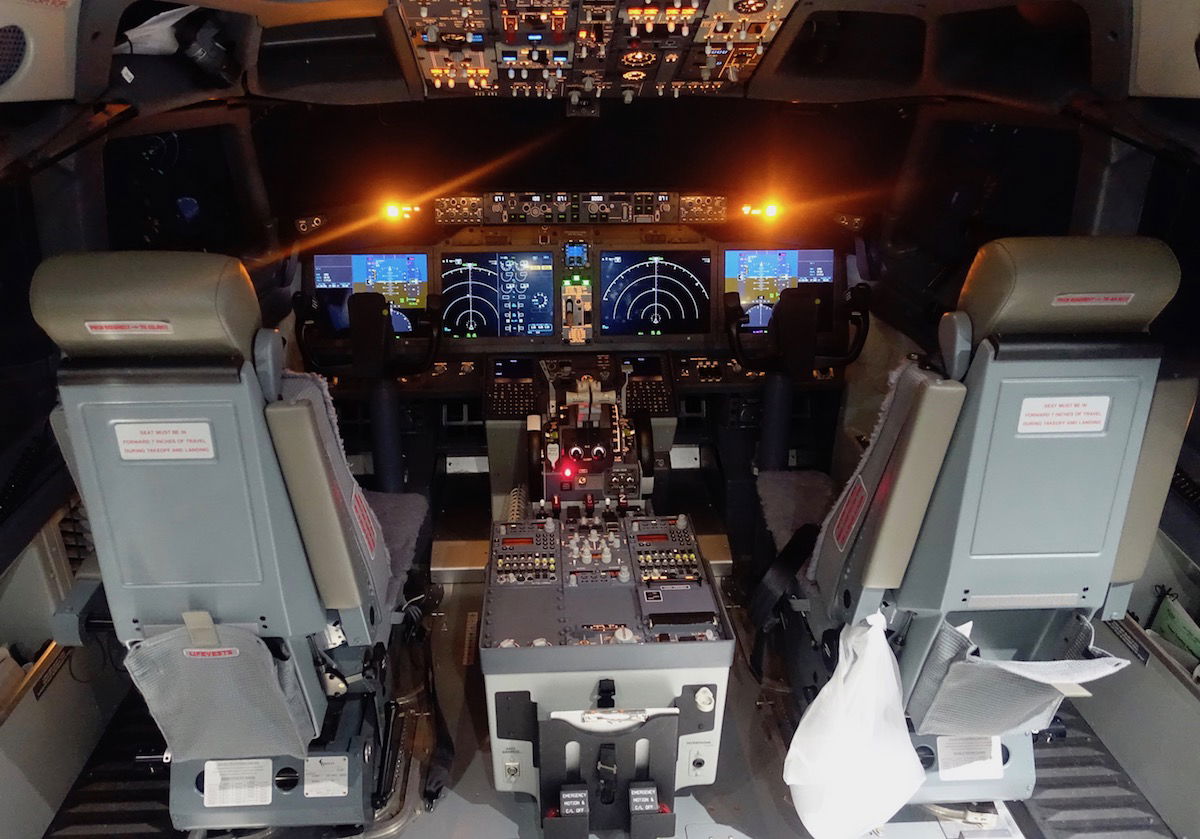
Bottom line
American Airlines pilots have put their planned voting for a new contract on hold. An agreement in principle had been reached, but after seeing United’s superior contract, union leadership is no longer happy with what it previously agreed to.
American management has offered an extra billion dollars in value for the contract period. While the union says that this largely matches United’s better pay, it doesn’t match the quality of life improvements. The union now hopes that a new contract can be agreed on in a matter of days, though that might be a bit optimistic.
How do you see this situation playing out?
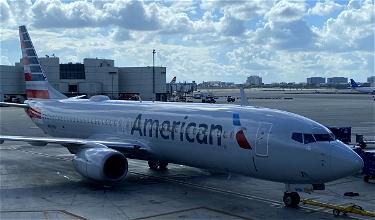

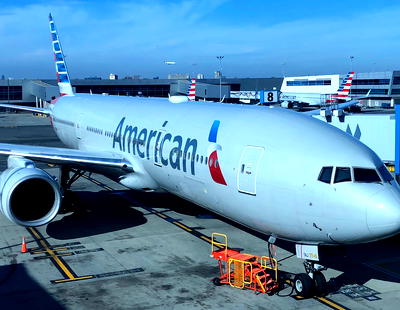
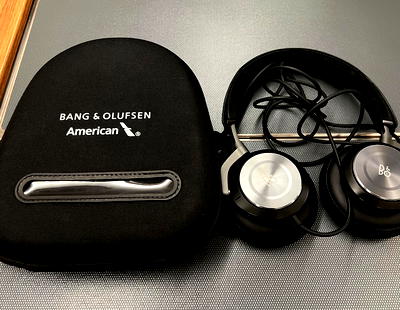
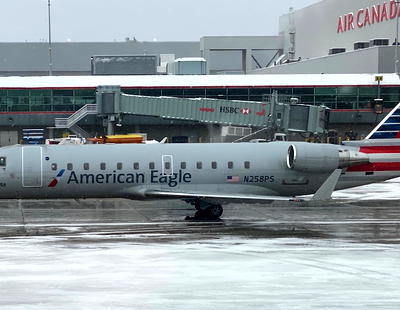
The future:
Ticket prices go sky high (pun intended).
Demand falls.
Contracts canceled in bankruptcy court.
you forgot the part about smaller airlines being forced of business because they can't afford these raises. THEN prices will go up
meh! One Chapter11 filing will reset everything! Airlines are known to use that card in the past.
Ben,
when you repeatedly make this statement (as you have):
"The $9 billion in incremental value offered by this contract alone is way more than American’s profits over the course of 2016-2019, the four most profitable consecutive years in the history of the airline industry."...
I have to wonder if 1. you simply do not understand business 2. do not know how to find or interpret the data to support your statements...
Ben,
when you repeatedly make this statement (as you have):
"The $9 billion in incremental value offered by this contract alone is way more than American’s profits over the course of 2016-2019, the four most profitable consecutive years in the history of the airline industry."...
I have to wonder if 1. you simply do not understand business 2. do not know how to find or interpret the data to support your statements 3. you are ok w/ cherrypicking data or 4. you are unable to admit you are wrong.
In fact
1. Companies and unions don't negotiate labor contracts based on what happened in the past. The revenue and profit situation is very different than it was in the past and certainly 4-7 years ago. AAL is more profitable than it has been in two decades relative to its competitors.
2. United also did not make enough money in 2016-2019 to cover the cost just of the agreement in principle it has agreed to with its pilots, let alone its other workgroups it has settled with and certainly not including what it will have to pay to settle with its flight attendants.
3. Delta and Southwest are the only two of the big 4 that made enough in 2016-2019 the cost of the labor agreements and pay raises they have agreed to and paid out (in Delta's case) or what they will have to pay if matching current increases for the same workgroups (in Southwest's case).
But Southwest is nowhere close to generating the profits it did in the last decade which explains why it is dragging its feet on settling w/ its pilots and lowballed its flight attendants with a proposal that has been rejected.
The reason why Delta went first in settling w/ its pilots and then raised the pay of all of its remaining workers is because it not only made the profits in the last decade to support those raises but expects to do so again. By going first and setting the bar high, Delta puts enormous pressure on other airlines which are simply less capable of absorbing the huge pay raises.
Lots of your articles are very good but you frequently make comments on the business of airlines that are simply not accurate or complete.
@ Tim Dunn -- We'll have to agree to disagree. I don't think the industry has fundamentally changed compared to 2019. We're just at the top of the market now (as I see it), given the very strong global travel demand. When that gets softer, the industry won't be looking so good. Unless we're taking the Doug Parker "American will never lose money again" approach, I think most of us can agree that these pay...
@ Tim Dunn -- We'll have to agree to disagree. I don't think the industry has fundamentally changed compared to 2019. We're just at the top of the market now (as I see it), given the very strong global travel demand. When that gets softer, the industry won't be looking so good. Unless we're taking the Doug Parker "American will never lose money again" approach, I think most of us can agree that these pay rates (and overall cost structure) won't be sustainable when demand goes down.
I would agree. And what happens when ULCC pilots start demanding like wages? An Airbus 321 is the same aircraft no matter the livery. Will demand take a hit when the average fare goes up $100+? And if so we're back to what happened from 2000 to 2005.
Ben,
thank you for taking the time to respond.
I don't disagree with you that the big 3 might be biting off more than they can chew w/ labor rates this high if even the US tips into a mild recession or the level of international demand - which is fueling high revenues and profits for them right now - slows back to normal rates.
My point is simply that history is...
Ben,
thank you for taking the time to respond.
I don't disagree with you that the big 3 might be biting off more than they can chew w/ labor rates this high if even the US tips into a mild recession or the level of international demand - which is fueling high revenues and profits for them right now - slows back to normal rates.
My point is simply that history is not near as important as what is happening now. AA is simply a much better run and more profitable company right now. And if you want to make the comparison of the pilot AIP for AA, then you have to do it for UA and DL as well. In fact, UA can't afford the AIP it has agreed w/ its pilots - and again for both AA and UA, they don't have agreement w/ their FAs even if they both have settled w/ other groups. And it is also relevant if you make the comparison to history to note that Delta could afford all of the pay raises it has given out based on the same historical yardstick and also expects revenues to continue to grow driven not just by passenger revenues - it recorded the highest passenger revenue among all airlines in the world - but also from non-transportation revenue sources such as its credit card/loyalty program and Delta Tech Ops.
as to George's comment below, most of the ULCCs and some LCCs have already agreed to new pilot contracts because they have struggled to keep pilots which have been pulled toward the big 3. The pressure right now is greatest on Southwest which has not only not settled with its pilots but its flight attendant union execs just rejected the proposal the company and union negotiators had.
And Delta and United execs have both noted that the international arena is far more favorable for US airlines than it has been for decades so the chances of a downturn in the international market is less than in the US domestic market where every US airline competes.
Please start your own blog. Your multiple windy responses are longer than Ben's entire post.
factually, no
and since you have to click the "read more" button in order to see all of any extended post, the onus is on you.
Some of us (Ben and me) stayed awake in school
"I have to wonder if 1. you simply do not understand business 2. do not know how to find or interpret the data to support your statements 3. you are ok w/ cherrypicking data or 4. you are unable to admit you are wrong."
Is @Tim Dunn referring to ChatGPTim?
This is a highly specialized skill (which can take in excess of $100K to obtain) for a highly in demand job. No different than the "tech bros" making $750K a year. Why shouldn't AA pilots get the same as competitor pilots? Essentially the job is the same. I'd want the same.
That being said now airline management is going to have to figure out how to pay higher wages in a very price sensitive industry....
This is a highly specialized skill (which can take in excess of $100K to obtain) for a highly in demand job. No different than the "tech bros" making $750K a year. Why shouldn't AA pilots get the same as competitor pilots? Essentially the job is the same. I'd want the same.
That being said now airline management is going to have to figure out how to pay higher wages in a very price sensitive industry. And what happens when pilots at ULCCs start to demand higher wages?
Everyone uses tech, not everyone travels (much less regularly and at a premium). The wages are unsustainable. Period.
Why not just dissolve the AA union and have everybody join the United one?
Because AA union actually left the United to setup one themselves.
Most unions don't really serve members, they serve a small group of people using members as bargaining chips.
But members would say otherwise.